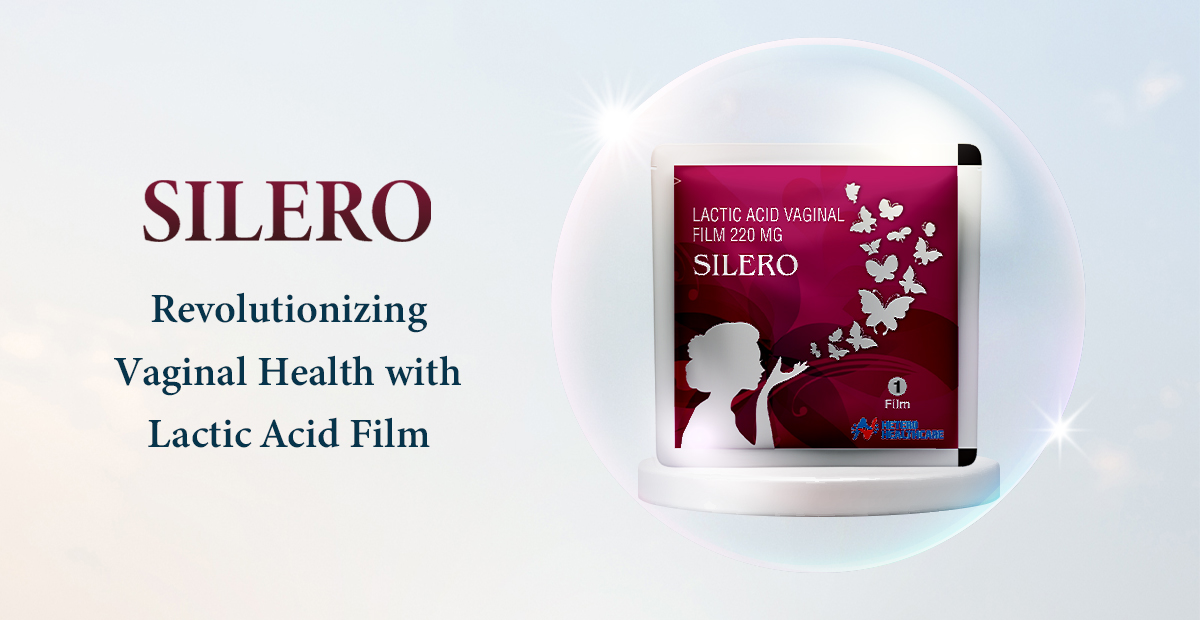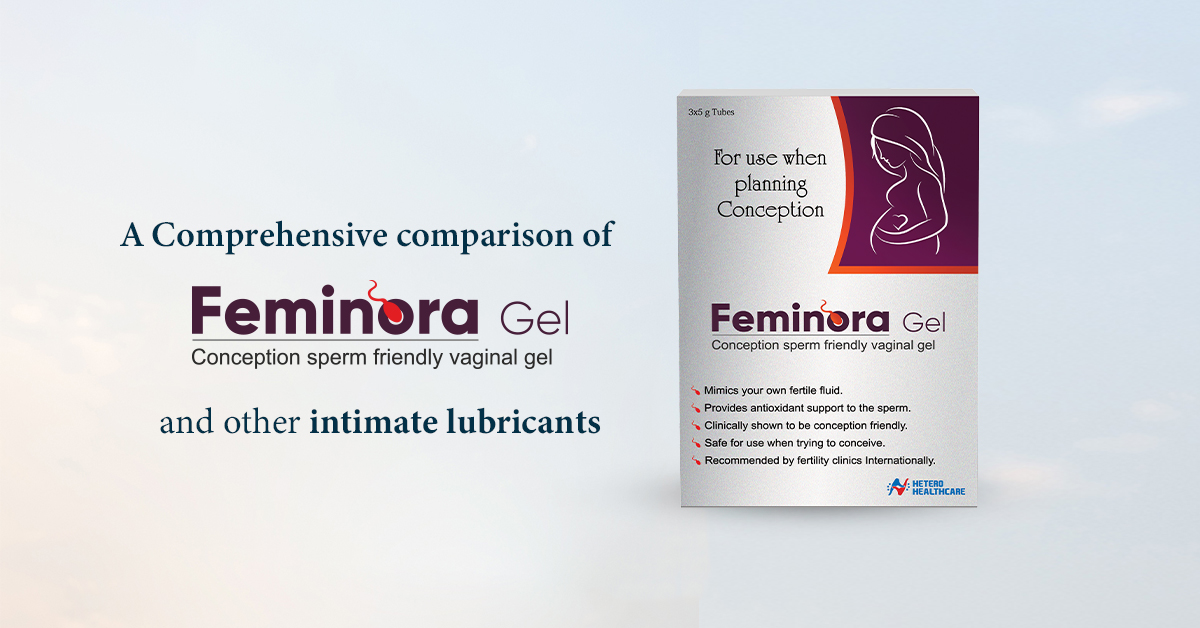Vidhita
16 Jul 2022

Your vaginal health is something that should not be ignored by you. Vaginal health is as important as your overall health. Just so that you know - the Vulva is the visible/external part of the female genitalia consisting of the pubic mound, clitoris, labia, and the opening to your vagina and urethra. The Vagina is the closed muscular canal that allows for menstruation and childbirth.
Let's get to know some things about vaginal health now.
1. Keep it clean - wash the vulva area every day with plain water. Do not use a washcloth or a loofah. Your magical fingers can do the job. Do not wash the inside of your vagina. It can upset its natural pH balance. Remember, your vagina is self-cleaning.
Avoid using soaps, douching, or products designed for vaginal care. These can cause an infection or irritation later. [vaginal douching is washing the vagina with water or a mixture of water with other ingredients. This mixture is placed in a bottle and is sprayed into the vagina. This can be harmful as later on it can cause burning or itching inside]
2. Be sexually responsible - your vulva is the centre of pleasure. Keeping it chemical and harmful bacteria-free is of utmost importance. If you use lubricants, ensure they are free of glycerine, petroleum products, scents, parabens, dyes, and flavours.
Many times, people end up having sex without asking about Sexually Transmitted Infections [STIs]. So, Ask about it with your partner. It's essential for your vaginal health. Use condoms that are spermicide free because condoms with spermicides can kill your vagina's good bacteria and upset its pH balance leading to infection and irritation later. Condom usage will protect you from contracting STIs like HIV, genital herpes, syphilis, gonorrhoea, genital warts, and chlamydia. Being monogamous will lower your risk of contracting STIs.
Research says that there is an indirect link between Multiple Sexual Partners [MSP] and Cervical Intraepithelial Neoplasia [CIN] or even Cervical Cancer [CC]. MSP may also lead to Bacterial Vaginosis [BV]. [CIN, also known as Cervical dysplasia is a pre-cancerous condition in which abnormal cells grow on your cervix]
Note that most women diagnosed with cervical dysplasia may not get cancer. A regular check-up with your gynaecologist is beneficial.
3. Eat healthily, don't smoke, and drink responsibly - eating a balanced, nutritious diet keeps you healthy in the long run and not just down there. Smoking, drugs, and excessive alcohol can affect your sexual functioning. They impact your body negatively and weaken your immune system, thus making it difficult for your body to tackle STIs.
4. Wear breathable clothing always - your vulvovaginal area too needs to be breathed. Wearing tight-fitting clothing and certain types of fabric such as silk and polyester can create warm, moistness down there. This is an invitation for yeast to thrive which will later lead to an infection. Hence wear the best breathable fabric like cotton underwear only. Cotton being absorbent can help prevent yeast infections
5. Exercise regularly - practice pelvic floor muscle training daily, These simple clench-and-release exercises support the bladder, rectum, small intestine, and uterus. Practising these exercises strengthens your pelvic floor. Exercise otherwise too, to keep your body flexible and healthy
6. Address infections immediately - common vaginal infections are yeast infection, Bacterial Vaginosis [BV], and trichomoniasis. Yeast is a fungal infection, BV is caused by an overgrowth of harmful bacteria inside your vagina while trichomoniasis is a parasite-caused infection and is sexually transmitted. Meet up with your gynaecologist immediately if you face symptoms or any of the above
To conclude, how you treat your vagina is in your hands. Doing/practising the above things can keep your vagina healthy and hygienic.
>Vidhita

Vidhita29 May 2024
Unveiling the Role of Feminora Gel in Boosting Fertility
Embarking on the path to parenthood is an exciting and significant chapter for many couples. But conception, the very foundation of this journey, can be a complex biological process.

Vidhita29 Mar 2024
Steering a New Era of Women's Health Empowerment in the Digital Age
Hey superwomen! We see you - juggling a career, family, personal goals, and (hopefully) finding some time for yourself.

Vidhita29 Mar 2024
Silero: Revolutionizing Vaginal Health with Lactic Acid Film
The female body is a complex and interconnected system. Often, amidst the hustle and bustle of daily life, vaginal health can be ignored.

Vidhita29 Mar 2024
A Comprehensive Comparison of Feminora Gel and Other Intimate Lubricants
In the realm of intimate well-being, the market is flooded with a myriad of products aiming to address various concerns.